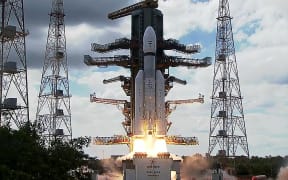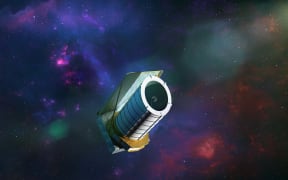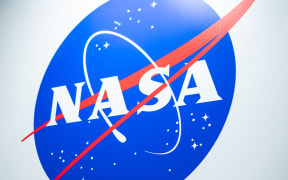
New Zealand's first ever Aerospace Strategy has been launched. Photo: 123RF
New Zealand is unlikely to send people to space any time soon, but the country's newly-launched Aerospace Strategy will help support the sector's continued development, MBIE says.
The strategy runs until 2030 and revolves around five goals, including actively supporting space exploration, and being at the forefront of sustainable space activities.
The government has allocated funding of up to $12 million, further to the $15.7 million in funding announced last year, to support the strategy's implementation.
The Ministry of Business Innovation and Employment's space policy and sector development manager Andrew Johnson told Morning Report the strategy was needed as the country's aerospace sector had grown significantly in recent years.
"A lot of the regulatory systems that are needed to support the really novel activities that the sector's undertaking are not yet in place," he said.
"We've had to stand-up a space agency in recent years to allow the likes of Rocket Lab to operate out of the Mahia Peninsula and now we're seeing really new concepts coming out of other parts of the aerospace value chain - automated vehicles, space planes potentially - and our regulators need to keep pace with that."
A 2019 study looking just at the space sub-component of the aerospace sector in New Zealand had estimated its size as being worth $1.7 billion per annum, he said.
"There are projections that, globally, that sector could be worth a trillion dollars by 2040."
Other studies had estimated the benefits to the country of drone technologies being worth "several billion [dollars] over the next couple of decades", he said.
Johnson said the aerospace sector as a whole included advanced aviation technology, such as drones and automated vehicles, as well as space activities like those undertaken by the likes of Rocket Lab and the "downstream data application of satellites and other platforms sending data back to Earth".
The latter of those things could have sustainability applications, he said, with data gathered remotely being fed back to decision-makers to help inform their responses to issues such as climate change.
He cited New Zealand's involvement in the MethaneSAT space mission, which will launch in 2024, as such an example.
"[It] will be essentially detecting methane emissions from space and then enabling policy-makers to take action on reducing those emissions."
And while Johnson thought it was unlikely New Zealand would be sending people into space "in the short-term", he said the country could play a role in a range of activities that supported people going to space.
"There's a whole raft of technologies that are needed to support that, whether it's optical communications, whether it's some of the biological technologies - testing how you grow food in space - there's niches of expertise all around New Zealand that can support that activity."






